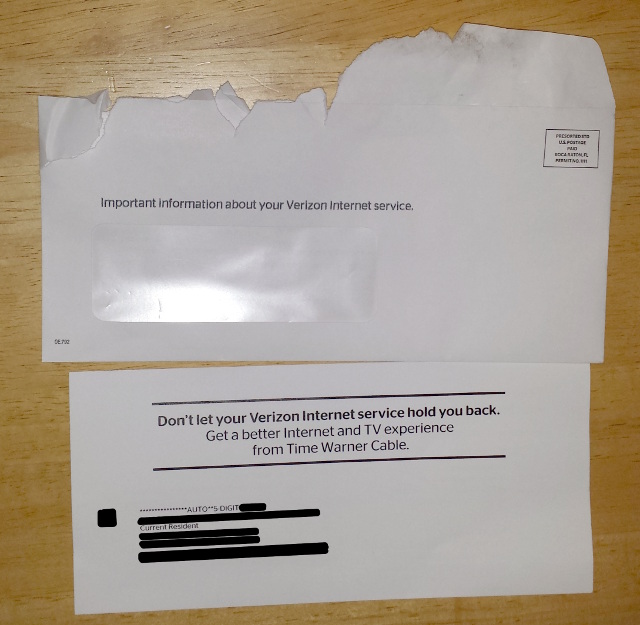It’s clear that many people online don’t understand the concept of dosage or concentration when it comes to substances of any sort (food, drugs, additives, environmental factors, chemicals*, radioactive isotopes): Something can be harmless or even beneficial in small amounts, but dangerous in large amounts.
Trivial examples:
- You need salt for neural function, but if you drink sea water you’ll get sick.
- Vinegar is dilute acetic acid. It’s useful for cooking and great on salads. Highly-concentrated acetic acid is corrosive.
Think of it like turning the steering wheel on your car (or the handlebars on your bike, if you prefer):
- Turn it too far, and you go off the road, lose control, spin out, or otherwise crash.
- Turn it just right, and you change lanes, avoid an obstacle, or go down a different road.
Also, most things will have multiple effects, some positive and some negative. (Consider aspirin: pain relief, fever reducer, blood thinner, but high doses can cause ulcers.) The balance of how strong each effect is will change with dosage, so you might have a strong positive and mild negative at one dosage, and a mild positive and strong negative effect at a higher one, and at an even higher dose even the positive effects would become negative as described above.
So the next time you see a warning about how hazardous something is in high concentrations…think about whether that has anything to do with the level at which people are actually exposed to it in the typical case.
*Remember: Everything is made of chemicals, including raw organically grown food.

